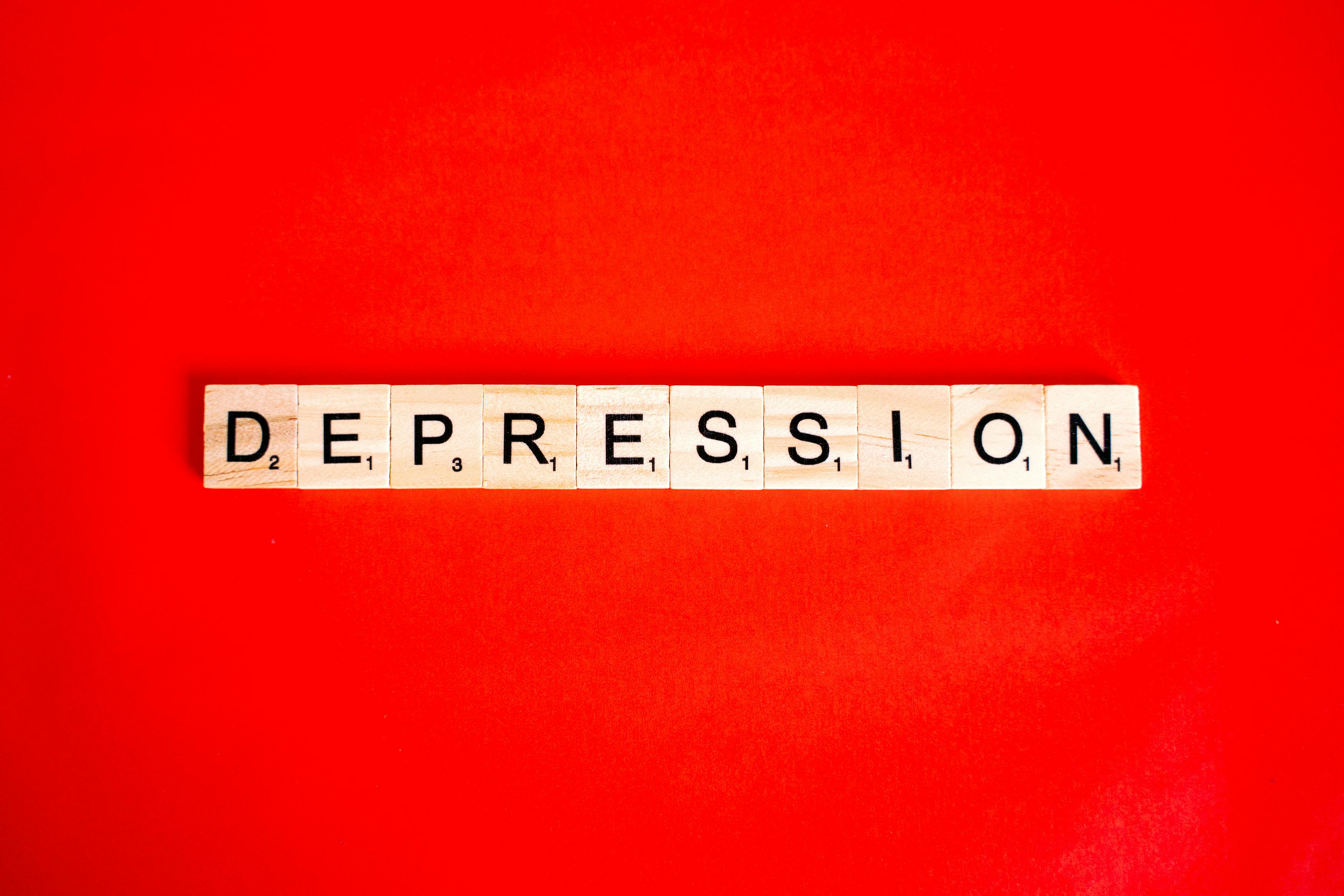Table of Contents
- Understanding Depression
- Effective Strategies to Combat Depression
- Seeking Professional Help: When to Act
- Conclusion
Understanding Depression
Definition and Symptoms
Depression, or Major Depressive Disorder (MDD), manifests as a long-lasting sadness and a loss of interest in activities once enjoyed. According to the Diagnostic and Statistical Manual of Mental Disorders, Fifth Edition (DSM-5), key symptoms include:
- Feeling down most of the day
- Diminished interest in activities
- Noticeable weight shifts
- Sleep disturbances
- Restlessness or feeling slowed down
- Deep fatigue
- Overwhelming guilt or feeling worthless
- Difficulty concentrating
- Thoughts of death or suicide
For a proper diagnosis, these symptoms should significantly disrupt daily life and persist for at least two weeks.
Causes and Risk Factors
Depression arises from a complex web of genetic, biological, environmental, and psychological factors. Key risk factors include:
- Genetics: A family history can elevate risk. Research published in Nature Genetics indicates that genetic variants may contribute to 35% of the depression risk.
- Biochemistry: Imbalances in brain chemicals like serotonin and dopamine link to depression.
- Environmental Stressors: Traumatic events or chronic stress can trigger episodes.
- Personality Traits: Low self-esteem or high self-criticism can increase susceptibility.
Understanding these aspects helps tailor effective strategies against depression.
Effective Strategies to Combat Depression
While medications and therapy serve as core treatments, combining these with other strategies often yields the best results. Here, we dive into various approaches that can complement traditional treatments.
1. Psychotherapy
Cognitive Behavioral Therapy (CBT)
CBT is a heavily researched and effective therapy for depression. A meta-analysis in JAMA Psychiatry found it on par with antidepressants. CBT works by transforming negative thoughts and behaviors into healthier patterns.
Interpersonal Therapy (IPT)
IPT tackles depressive symptoms by enhancing interpersonal relationships and communication skills. It’s about addressing relational issues that might fuel your depression.
Mindfulness-Based Cognitive Therapy (MBCT)
MBCT merges cognitive therapy with mindfulness to heighten awareness of thoughts and feelings. A study in The Lancet noted that MBCT can significantly cut the chances of depression coming back, especially for those with recurrent struggles.
2. Pharmacotherapy
Antidepressants
Antidepressants like SSRIs (e.g., sertraline) and SNRIs (e.g., venlafaxine) remain staples for treating depression. The Lancet reports their effectiveness against major depressive disorder symptoms. However, always discuss potential side effects like nausea or sleep disturbances with a healthcare provider.
3. Lifestyle Changes
Exercise
Physical activity can be a game-changer. Studies in JAMA Psychiatry highlight its effectiveness in reducing symptoms. Exercise releases endorphins, lifting your mood and boosting cognitive function.
Nutrition
Eating well influences mental health significantly. A balanced diet rich in fruits, vegetables, whole grains, and omega-3s (found in fish and flaxseeds) can support brain health and reduce inflammation associated with depression.
Sleep Hygiene
Quality sleep is crucial. Set a regular sleep routine and create a restful environment to help stave off sleep disturbances, which can aggravate depression.
4. Social Support
Building a Support Network
Strong social connections can make a huge difference. Research in Psychological Medicine shows that individuals with robust support recover better from depression. Lean on trusted friends, family, or support groups for emotional and practical backing.
Volunteering and Community Involvement
Being part of community activities or volunteering not only helps others but also elevates your mood. The Journal of Affective Disorders found that volunteering enhances feelings of purpose and satisfaction.
5. Stress Management
Mindfulness and Meditation
Mindfulness practices like mediation and yoga help manage stress and bolster mental health. Insight from Psychological Science supports their efficacy in reducing depressive symptoms.
Time Management and Goal Setting
Setting realistic goals and managing time effectively can prevent feeling overwhelmed. Break tasks into smaller steps to stay grounded and focused.
6. Complementary Therapies
Acupuncture
Acupuncture might offer some benefits as an adjunct to traditional treatments. A 2017 meta-analysis in the Journal of Clinical Psychiatry supports its role in alleviating symptoms and enhancing well-being.
Herbal Supplements
Supplements like St. John’s Wort have been explored for antidepressant effects but require professional guidance due to possible medication interactions.
7. Technology-Based Solutions
Online Therapy and Apps
Digital platforms increase accessibility to mental health support. World Psychiatry reports that online therapy reduces symptoms comparably to face-to-face methods.
Digital CBT Programs
These programs offer structured assistance you can navigate at your own tempo. They are especially handy for those with barriers to traditional therapy, such as geographic constraints.
Seeking Professional Help: When to Act
Self-help strategies can offer relief, but professional intervention is often crucial for moderate to severe depression. Reach out if:
- Symptoms persist beyond two weeks
- Daily life is heavily impacted
- Thoughts of self-harm or suicide arise
Therapists, psychologists, and medical professionals provide comprehensive evaluations and tailor personalized treatment plans.
Conclusion
While overcoming depression is a formidable task, remember that effective strategies exist. By tackling depression with varied treatments—psychotherapy, medication, lifestyle changes, and even technology—relief can be achieved and life’s balance restored.
The path to wellness requires patience and support, often involving a zigzagging journey. With the right resources and community, managing depression is achievable. As mental health awareness continues to grow, breaking down stigma and fostering open discussions about depression will enhance our shared capacity to combat this pervasive disorder.


